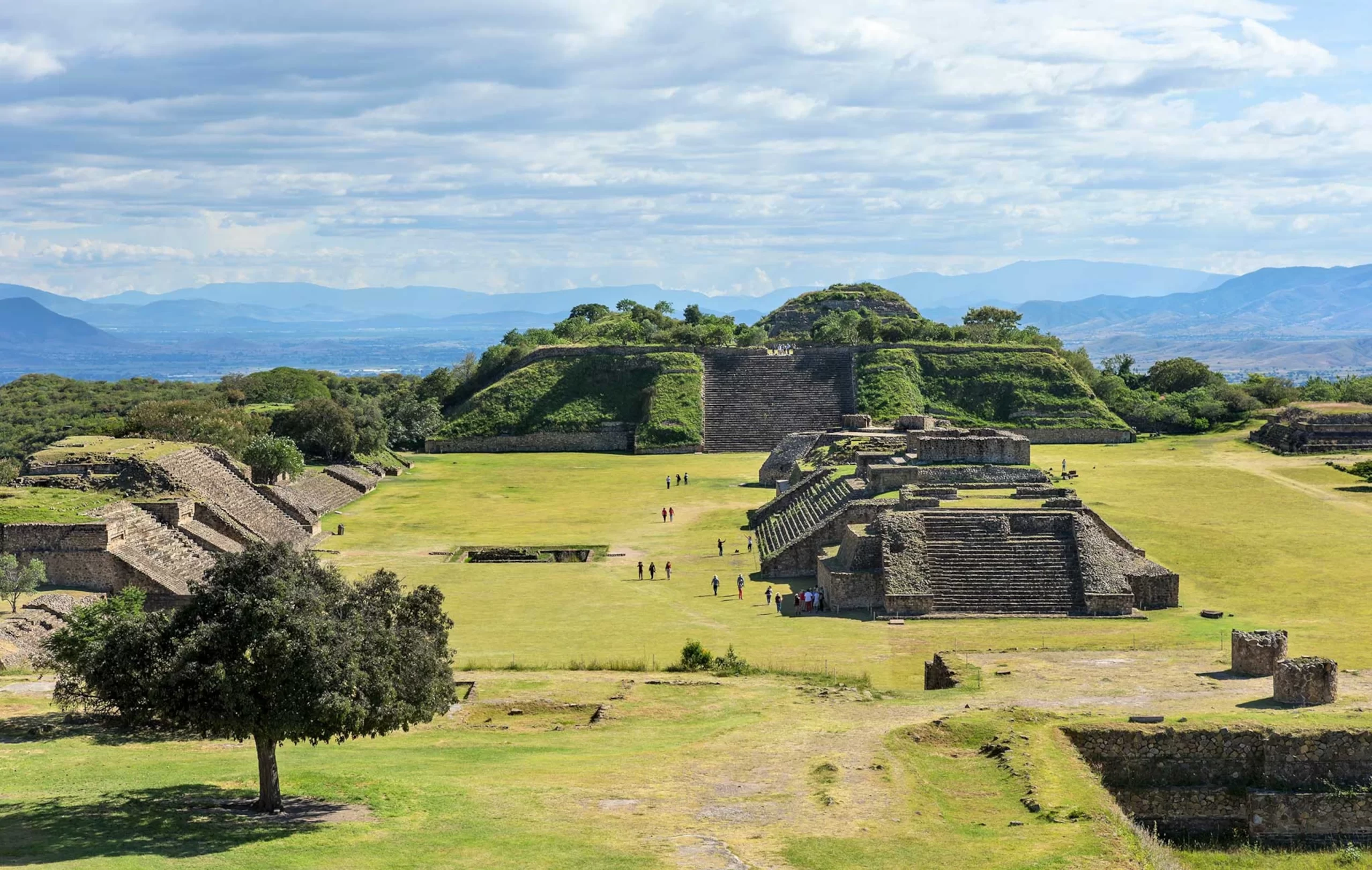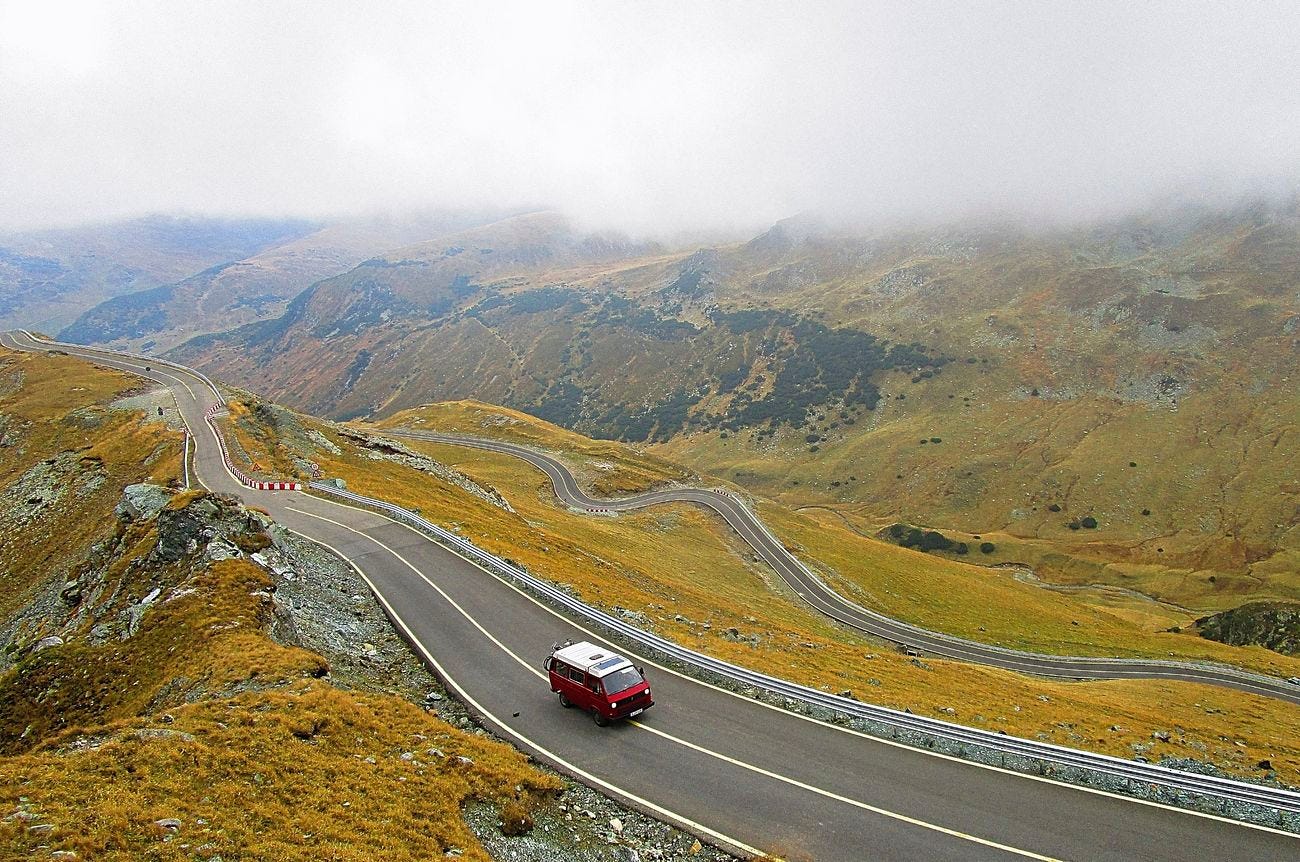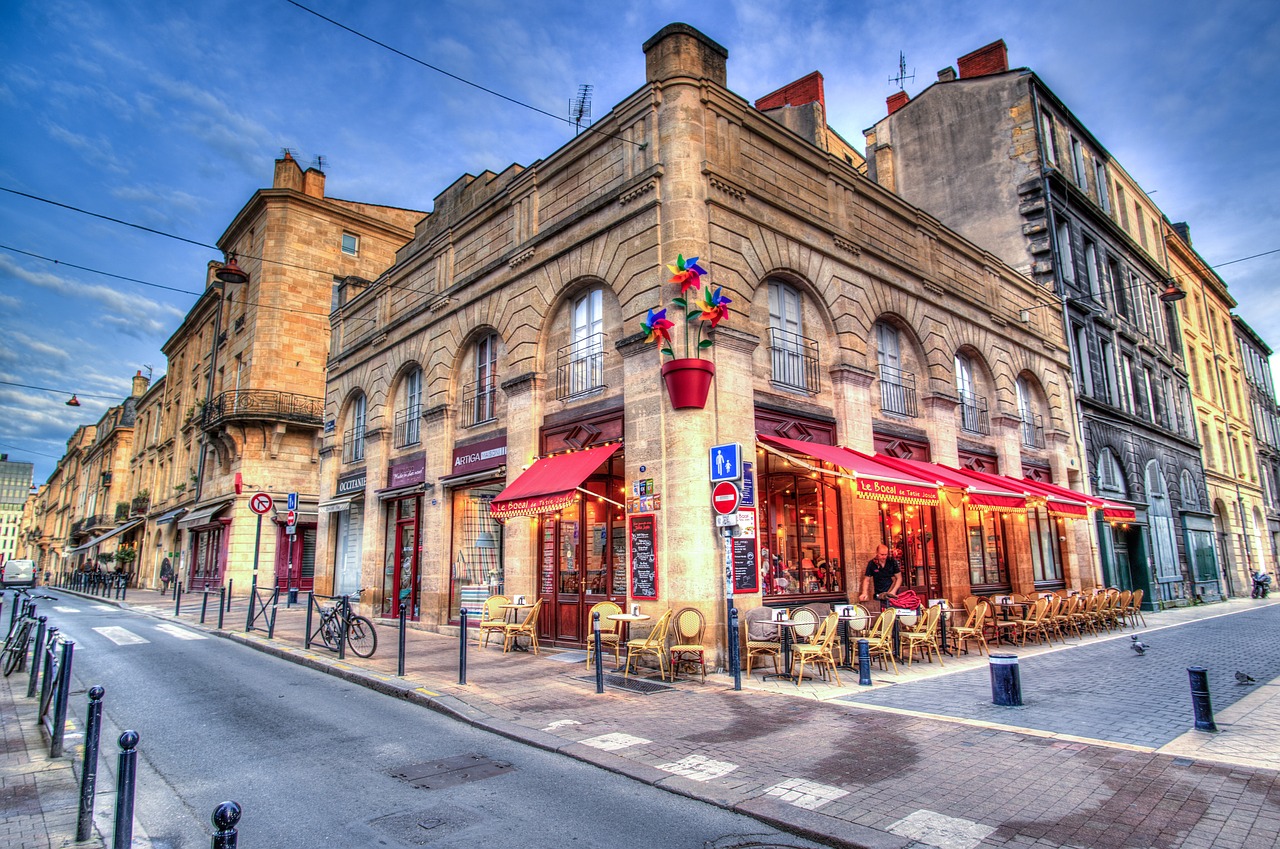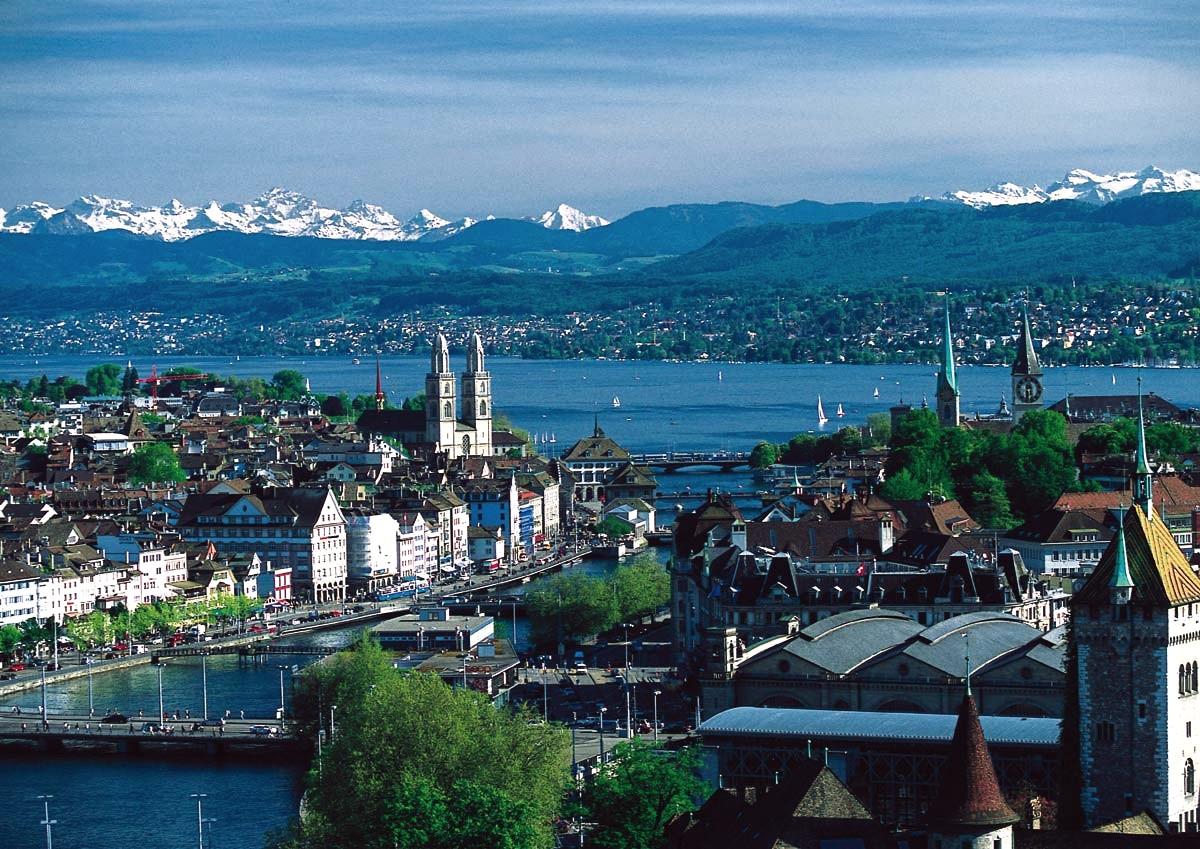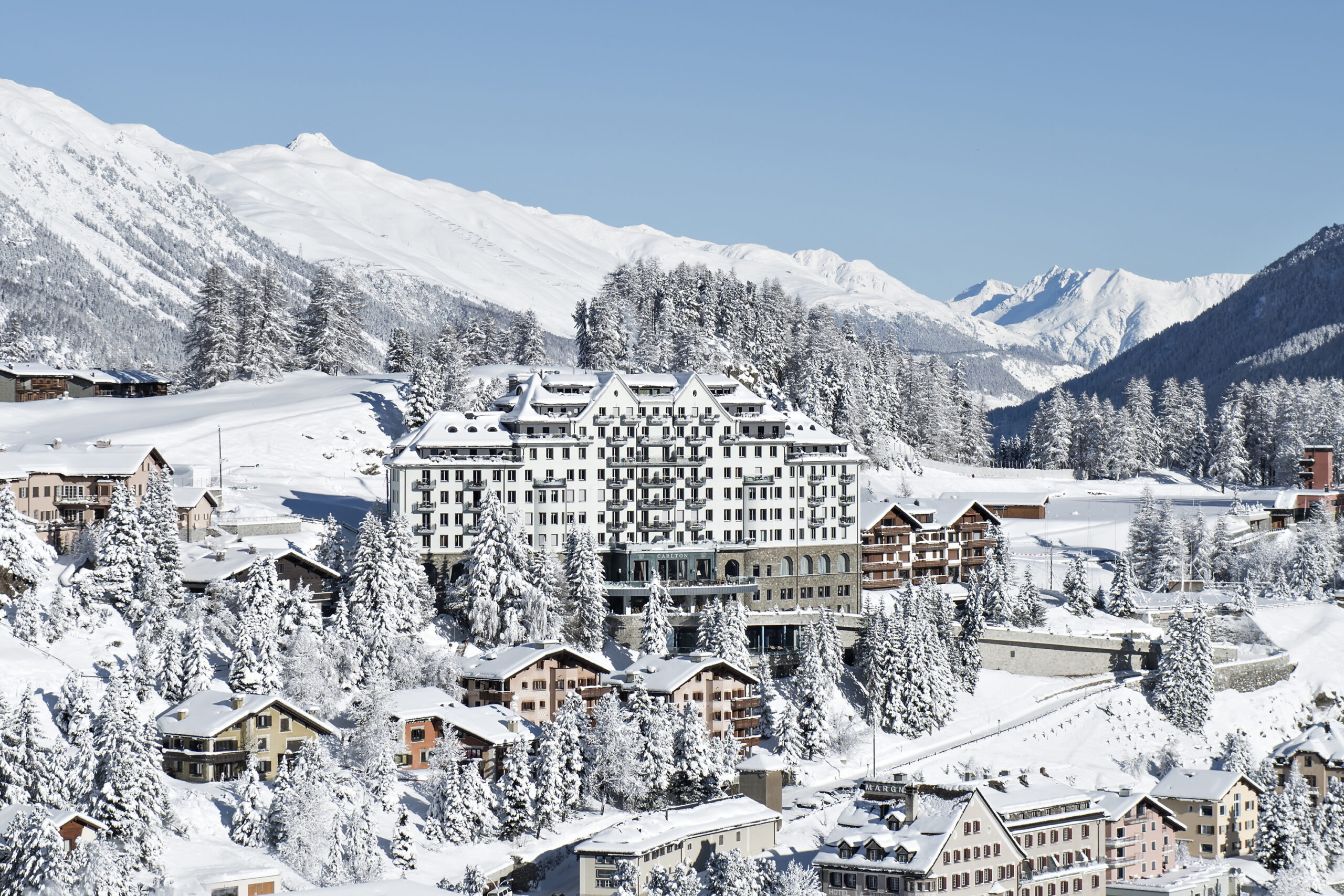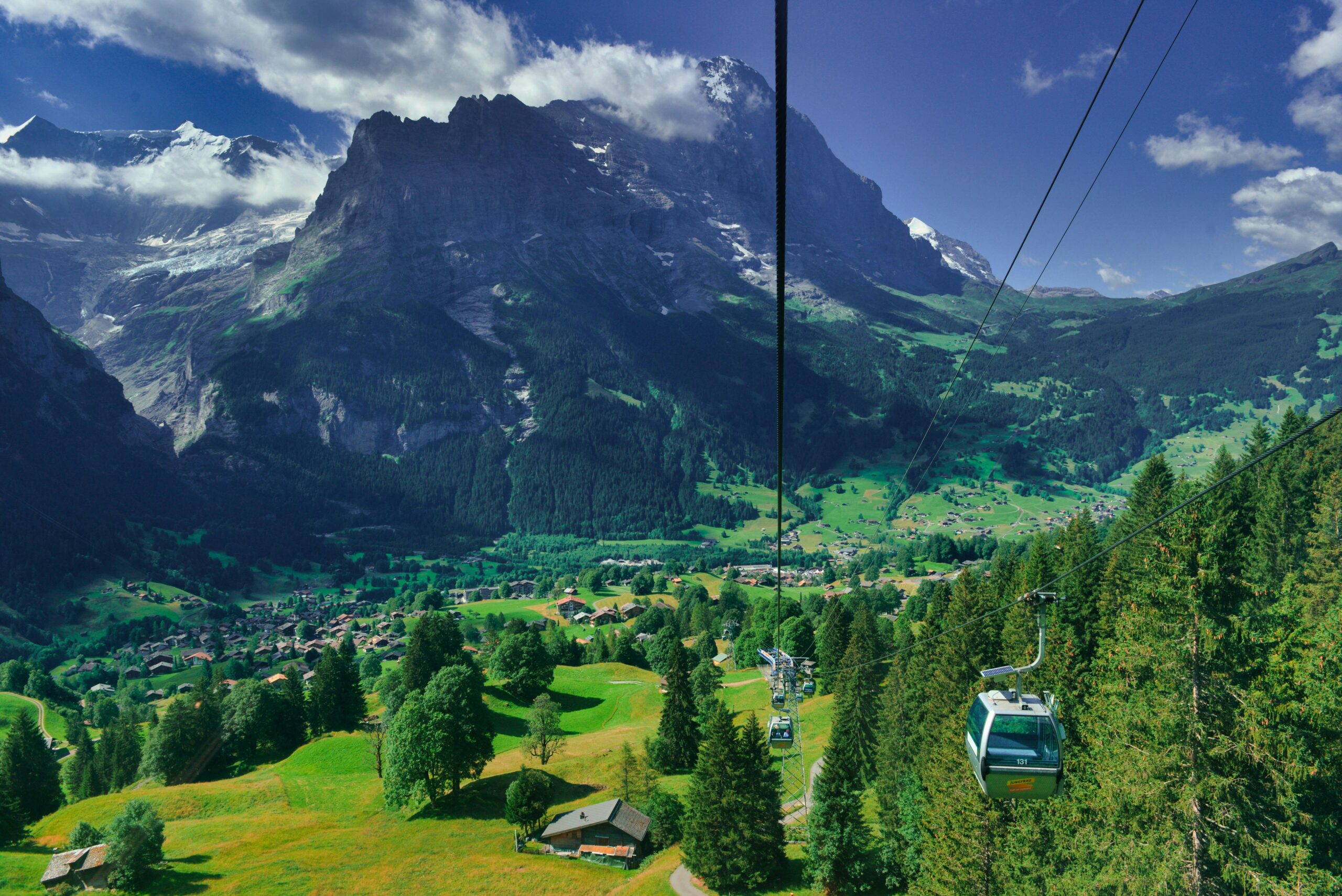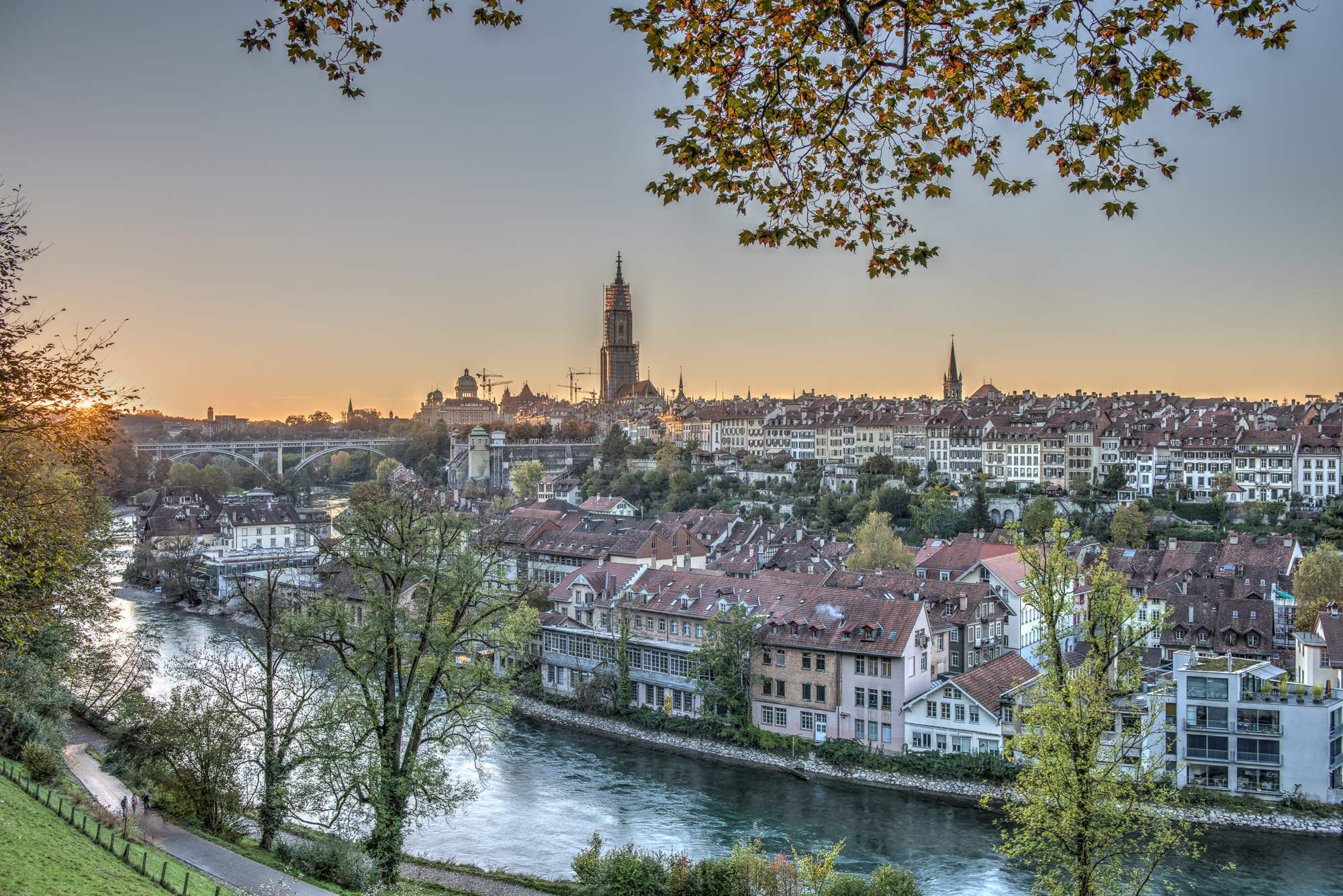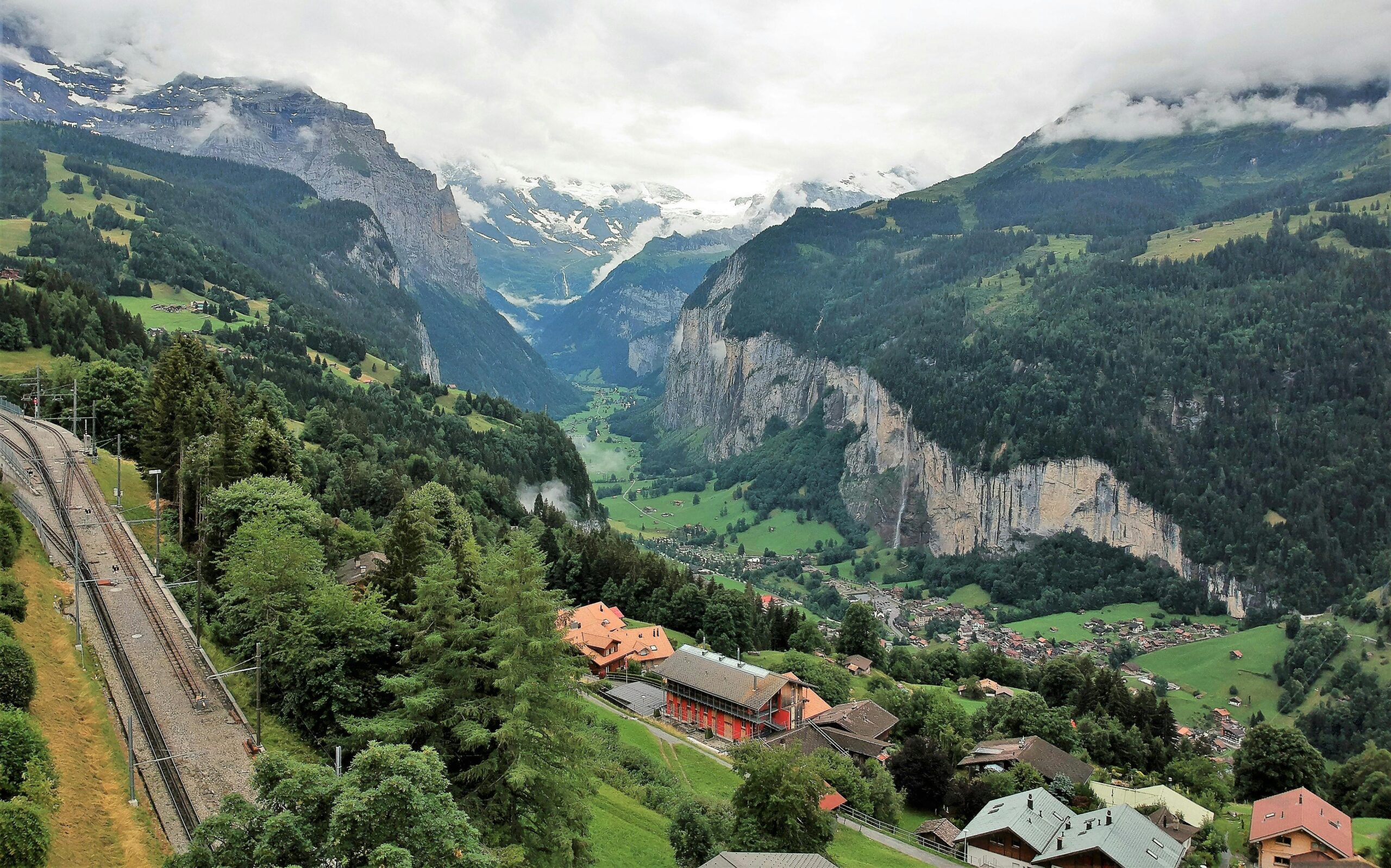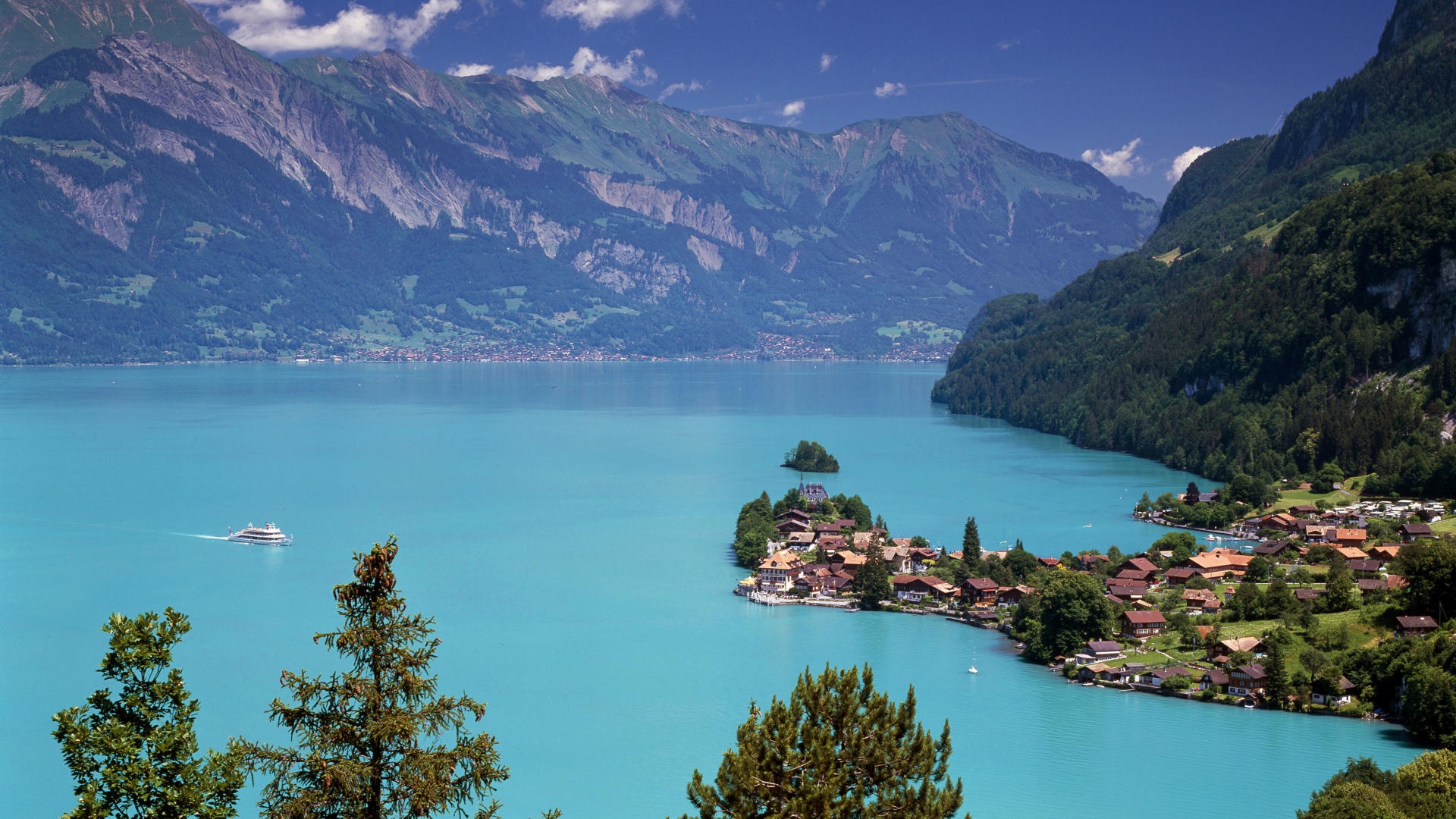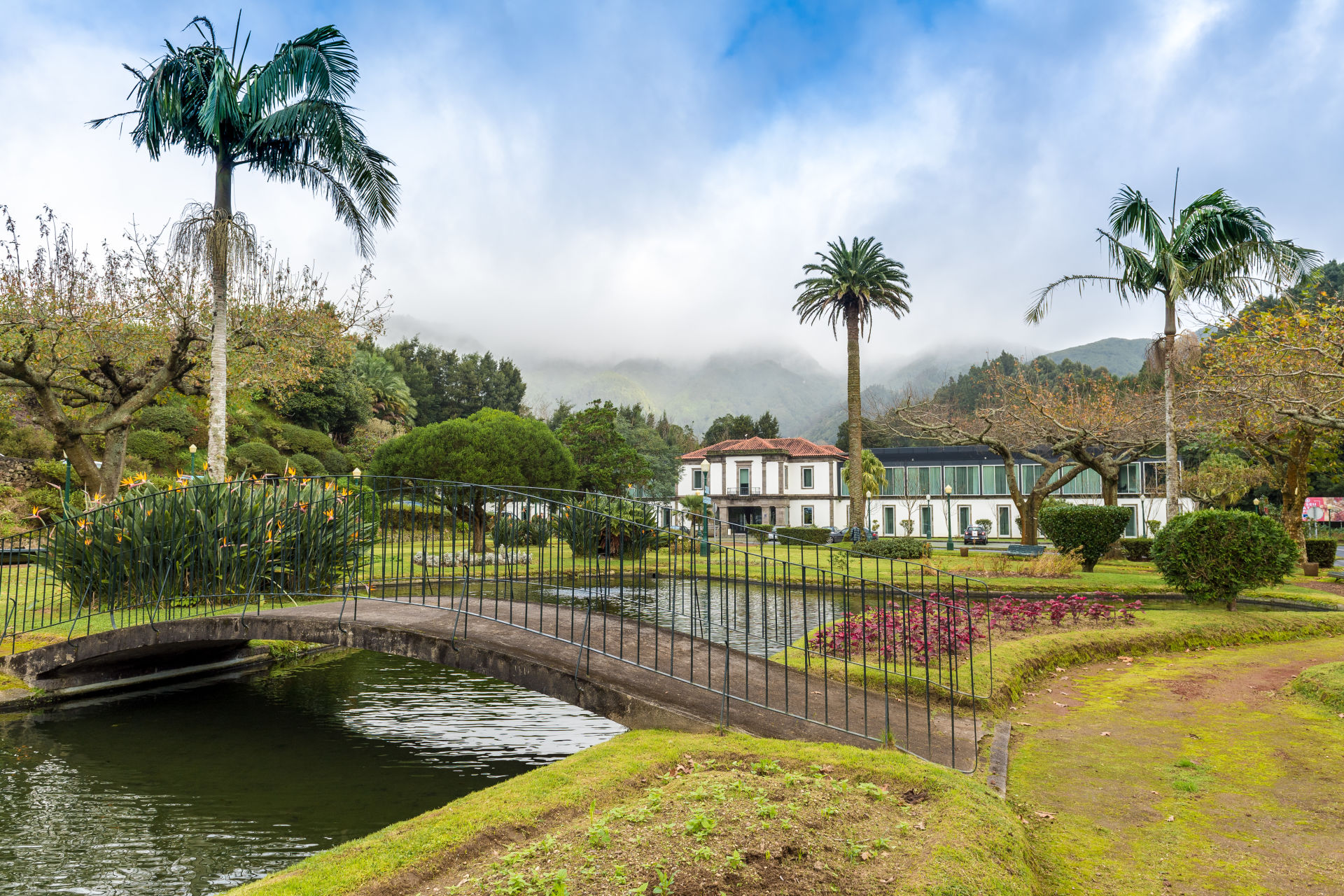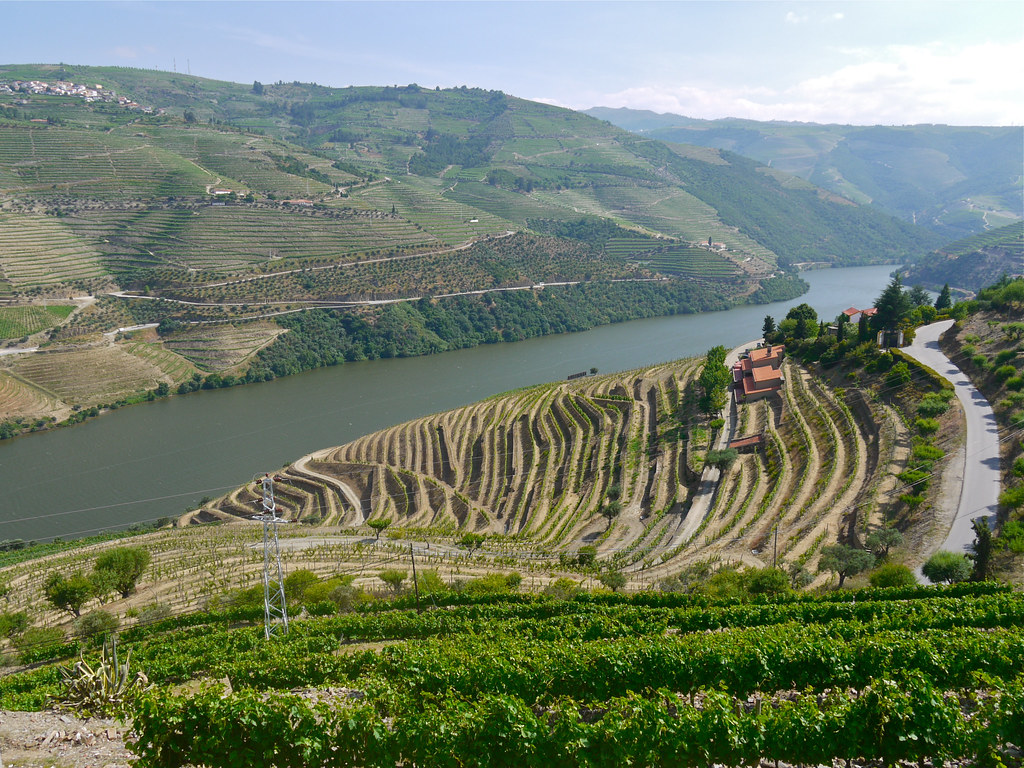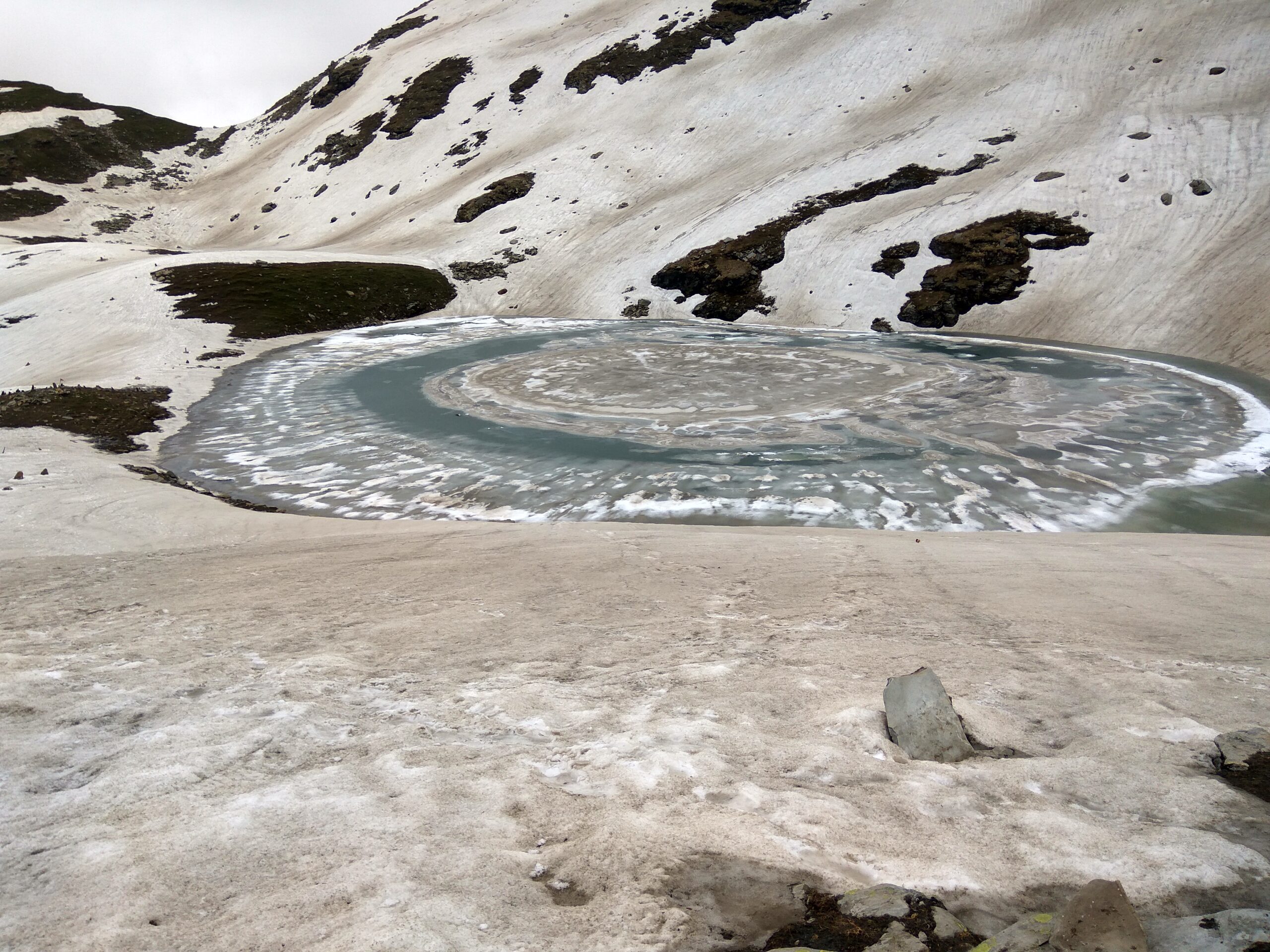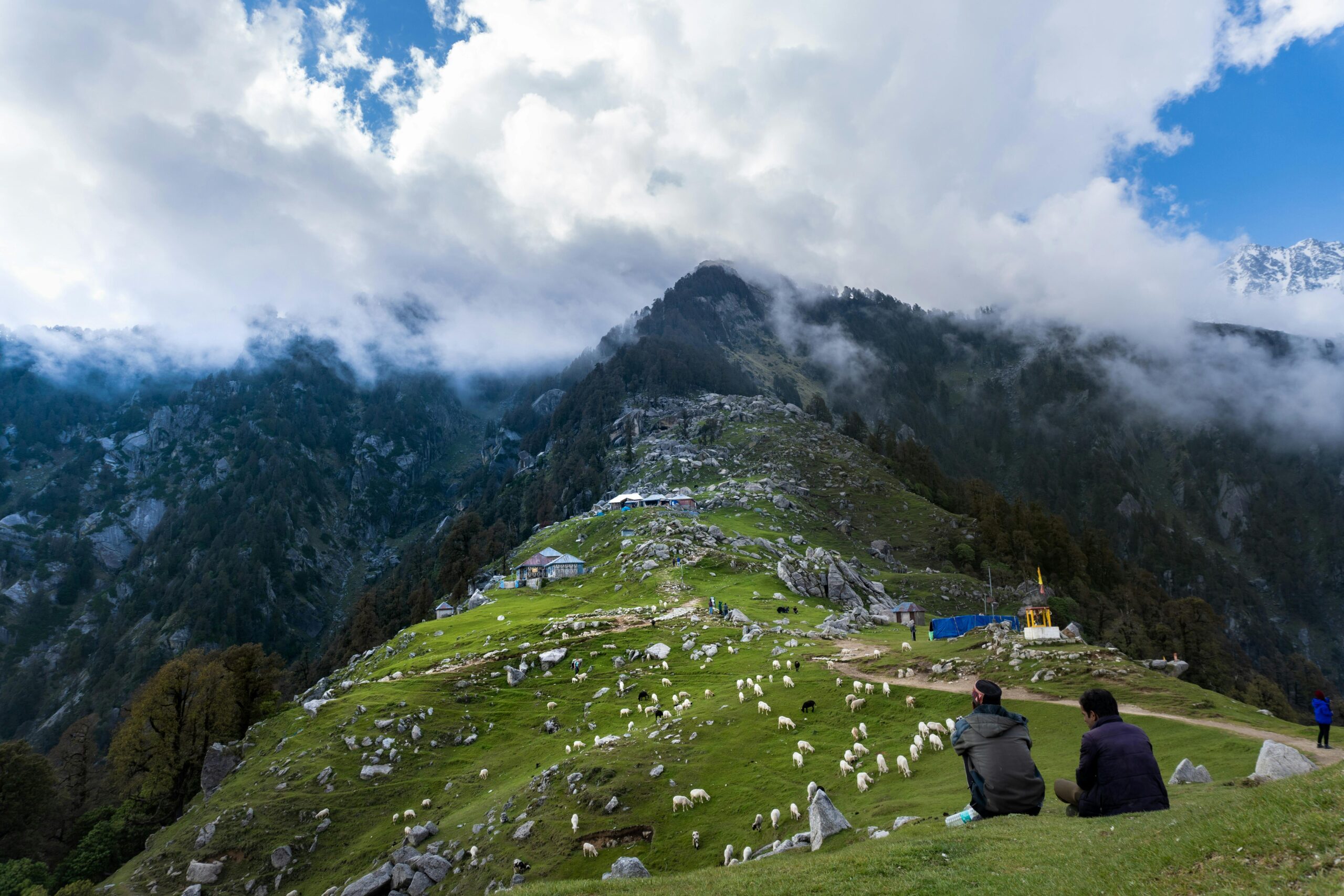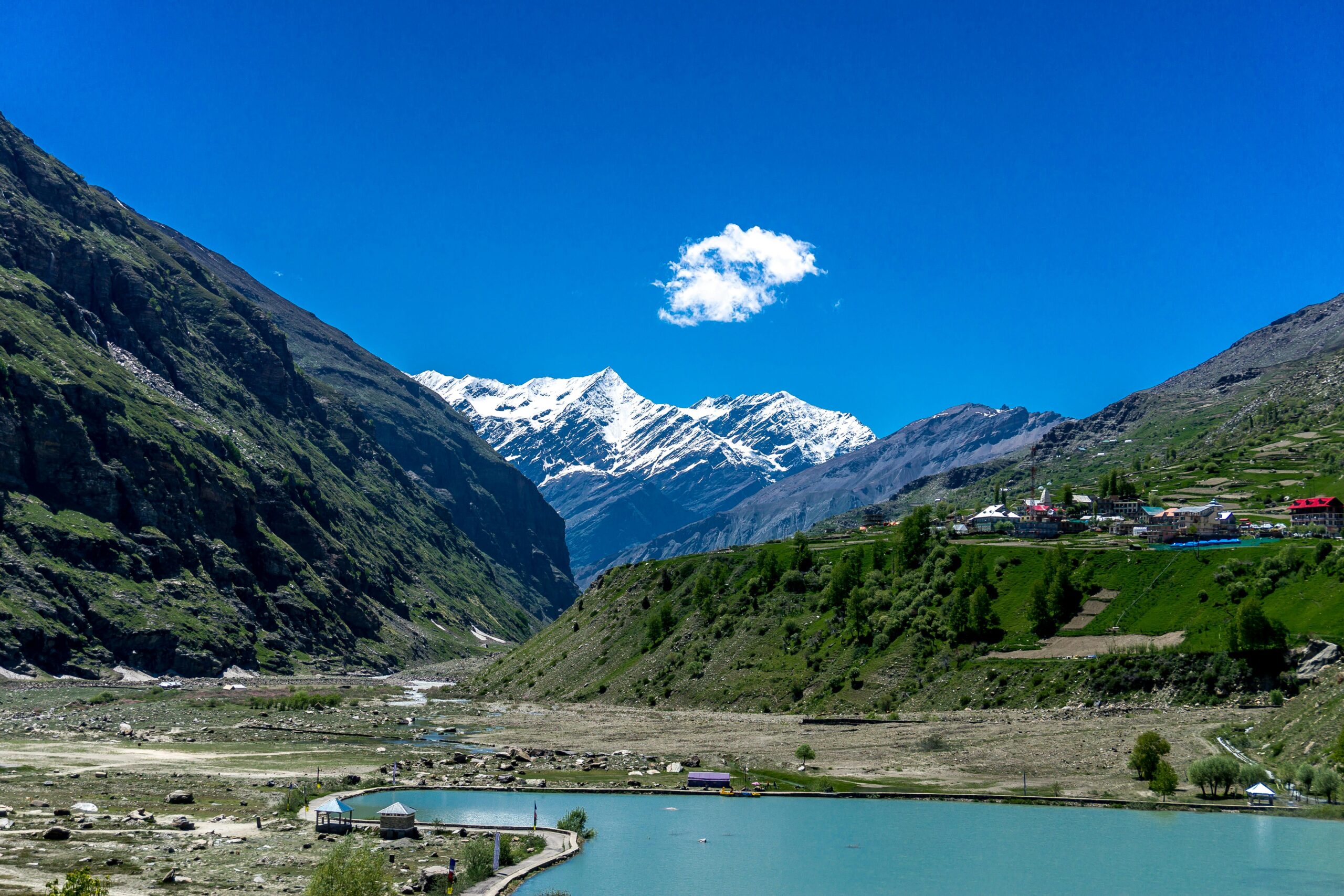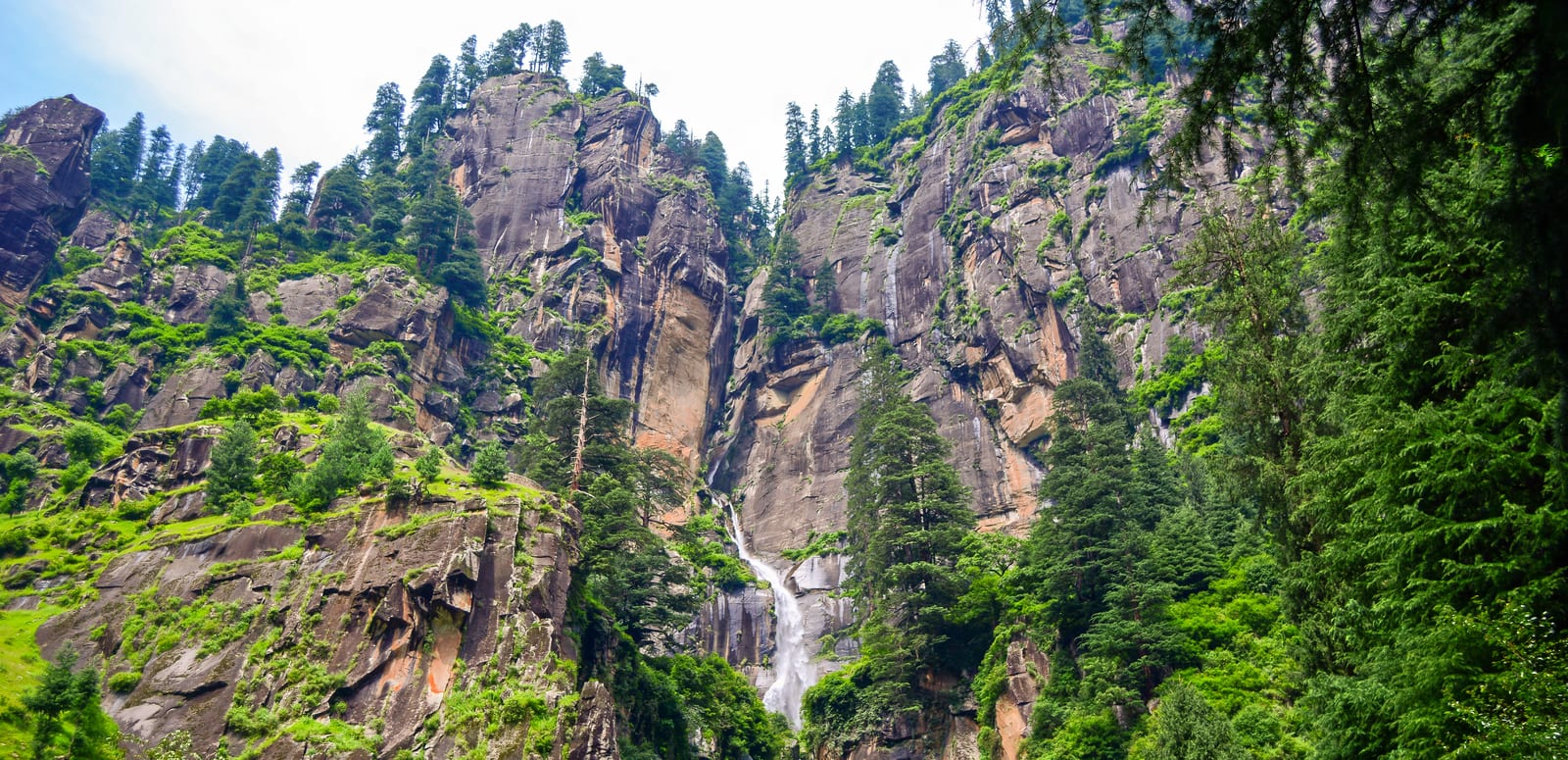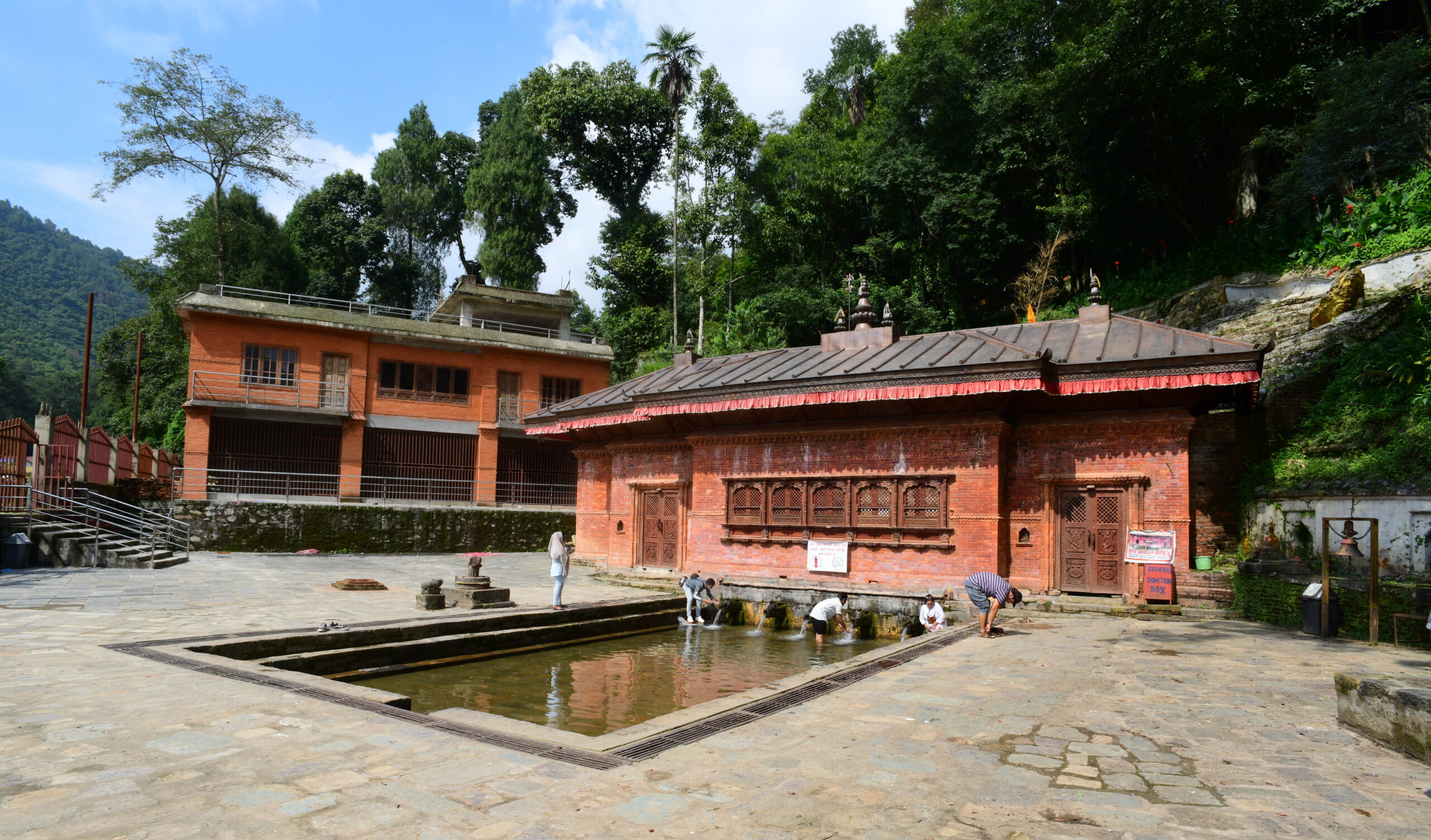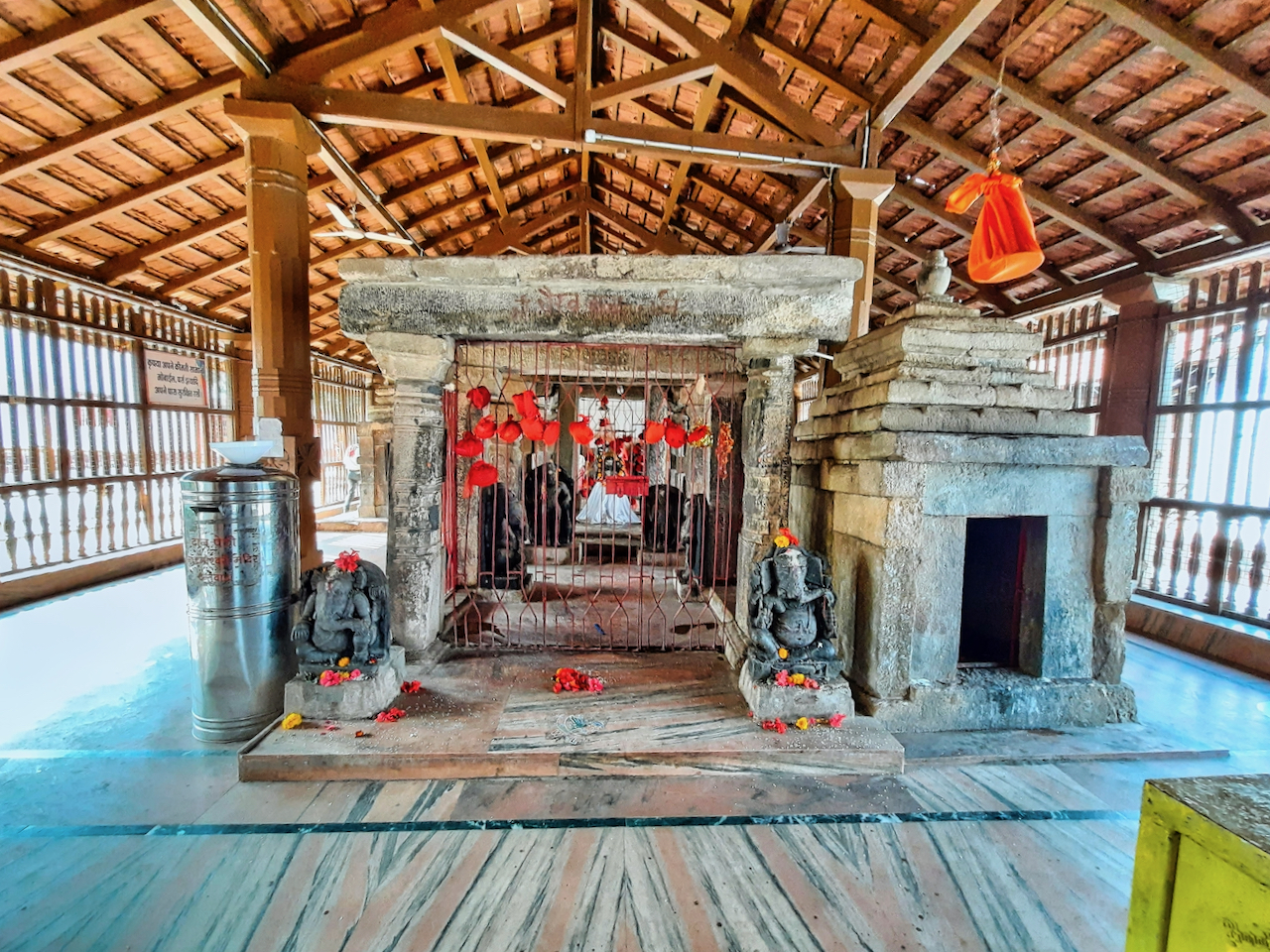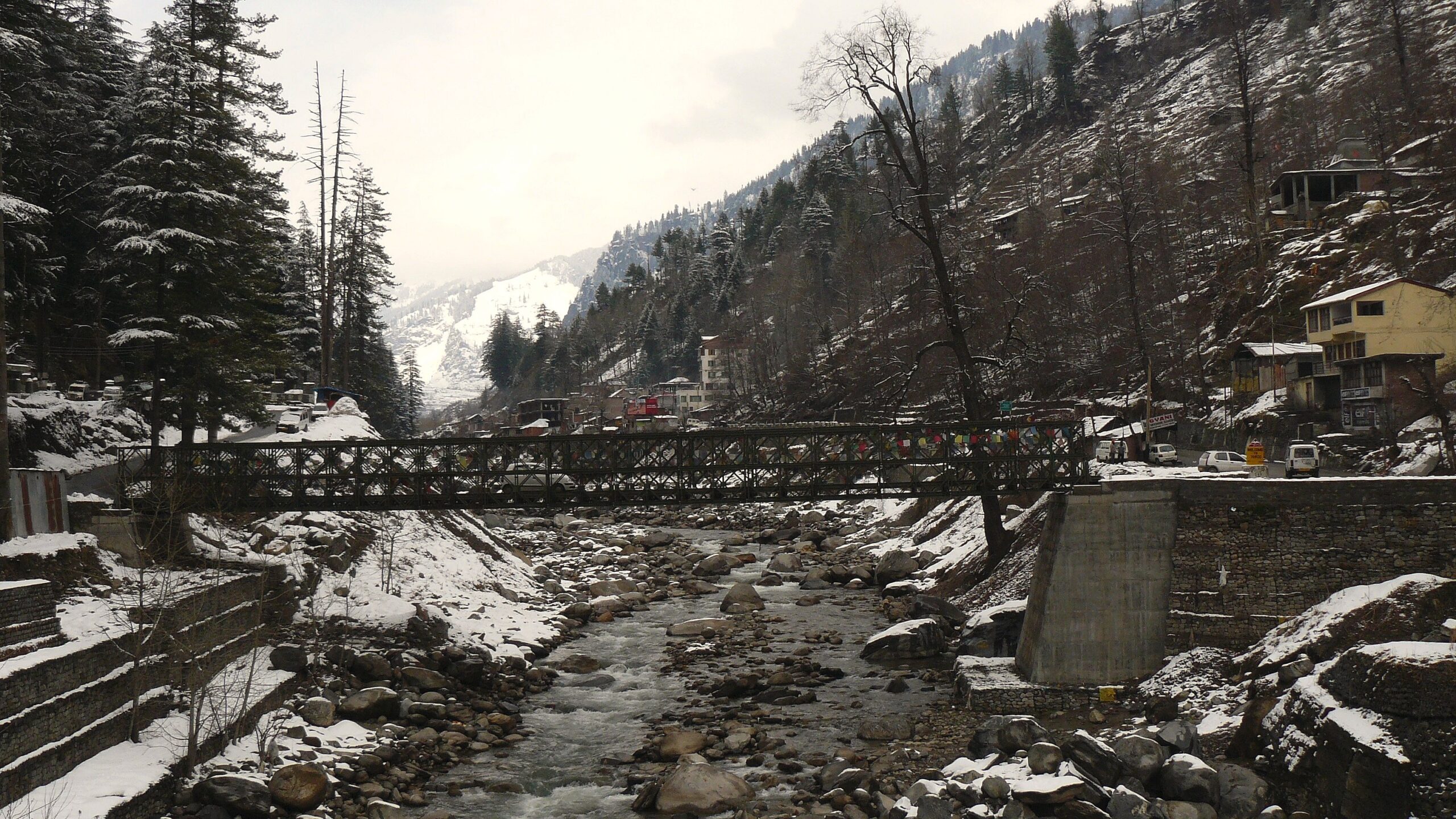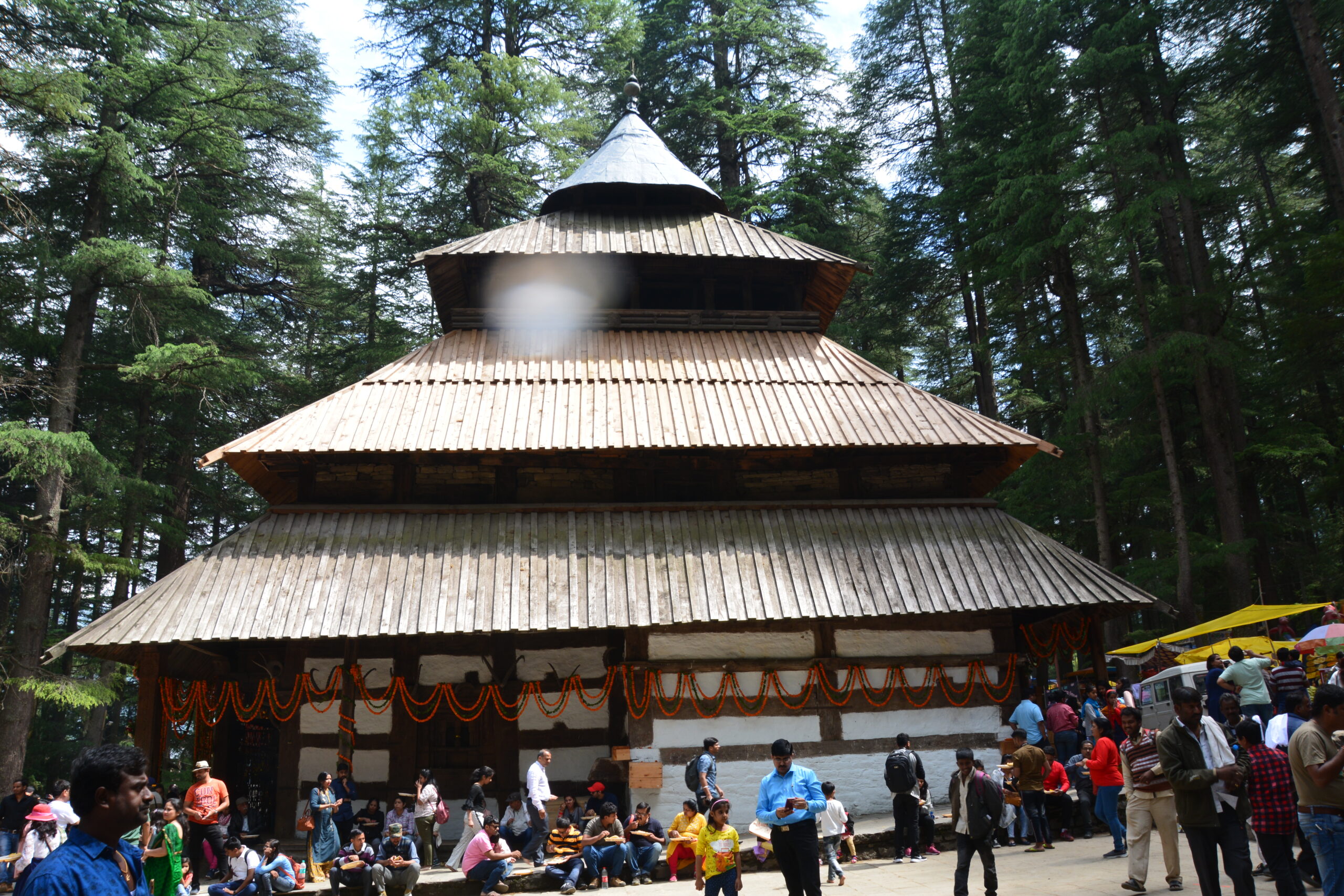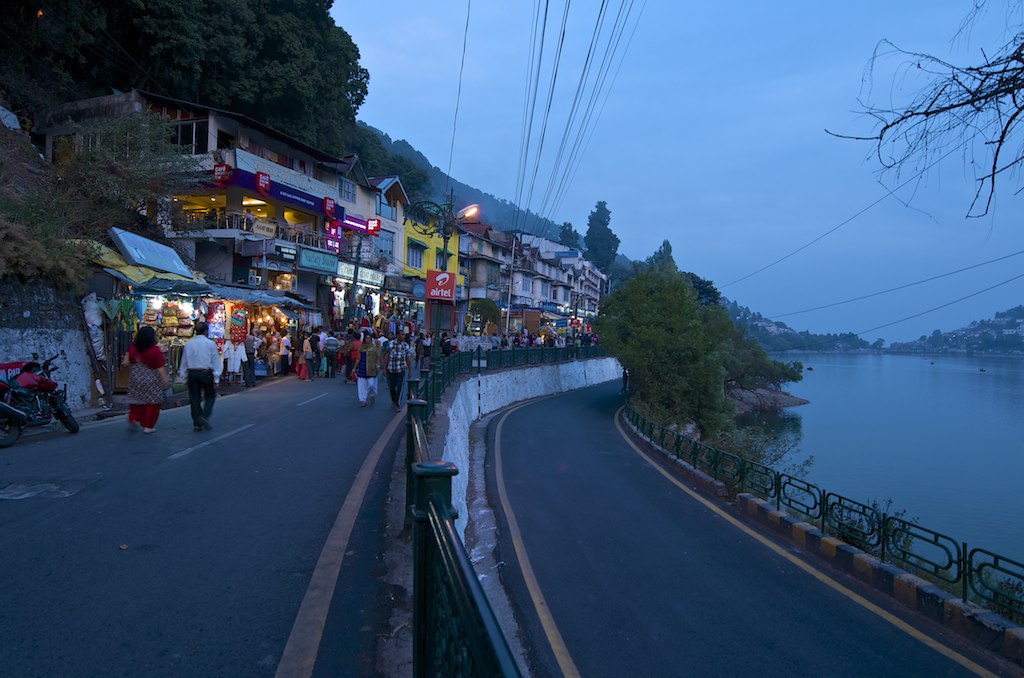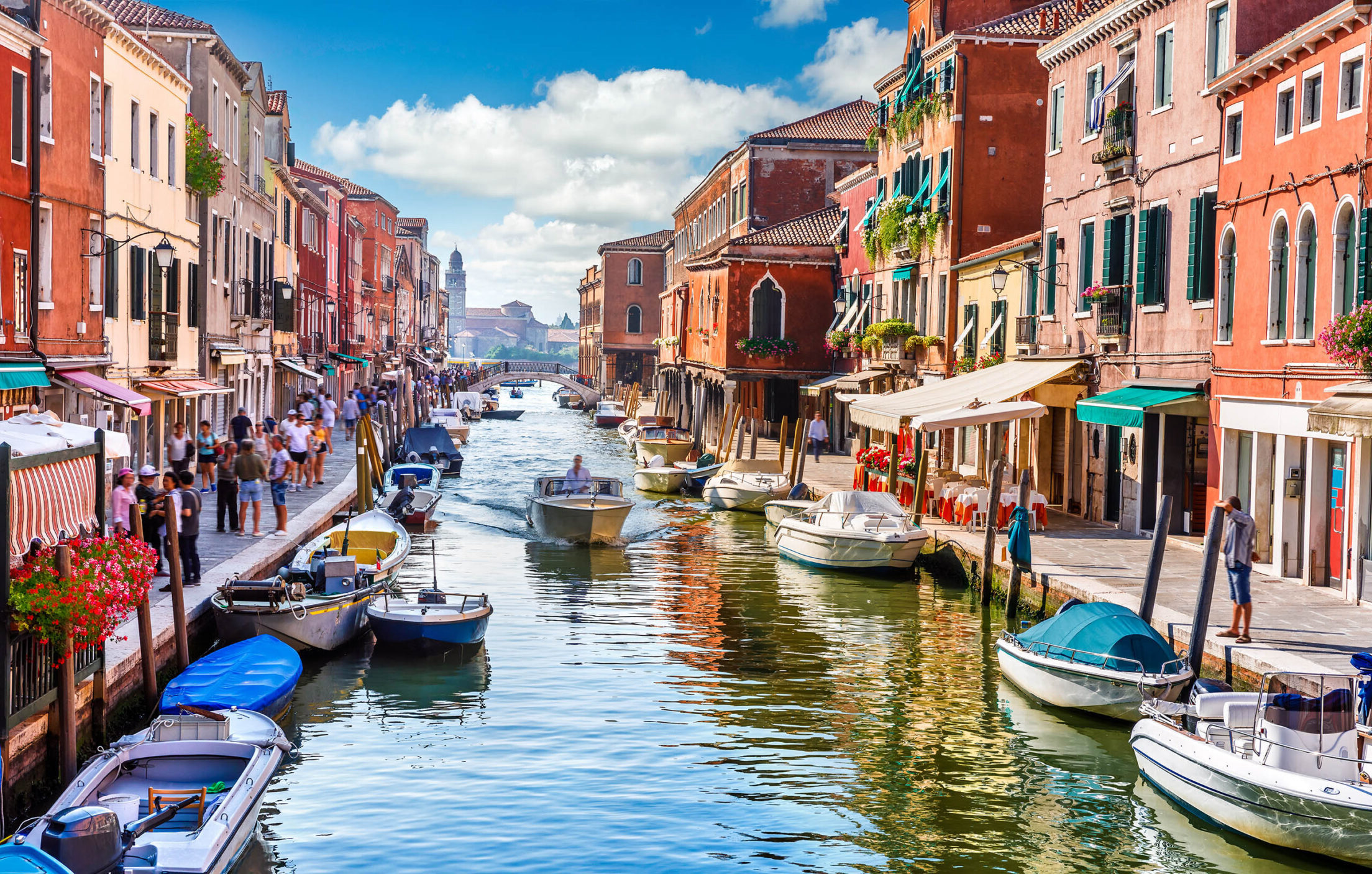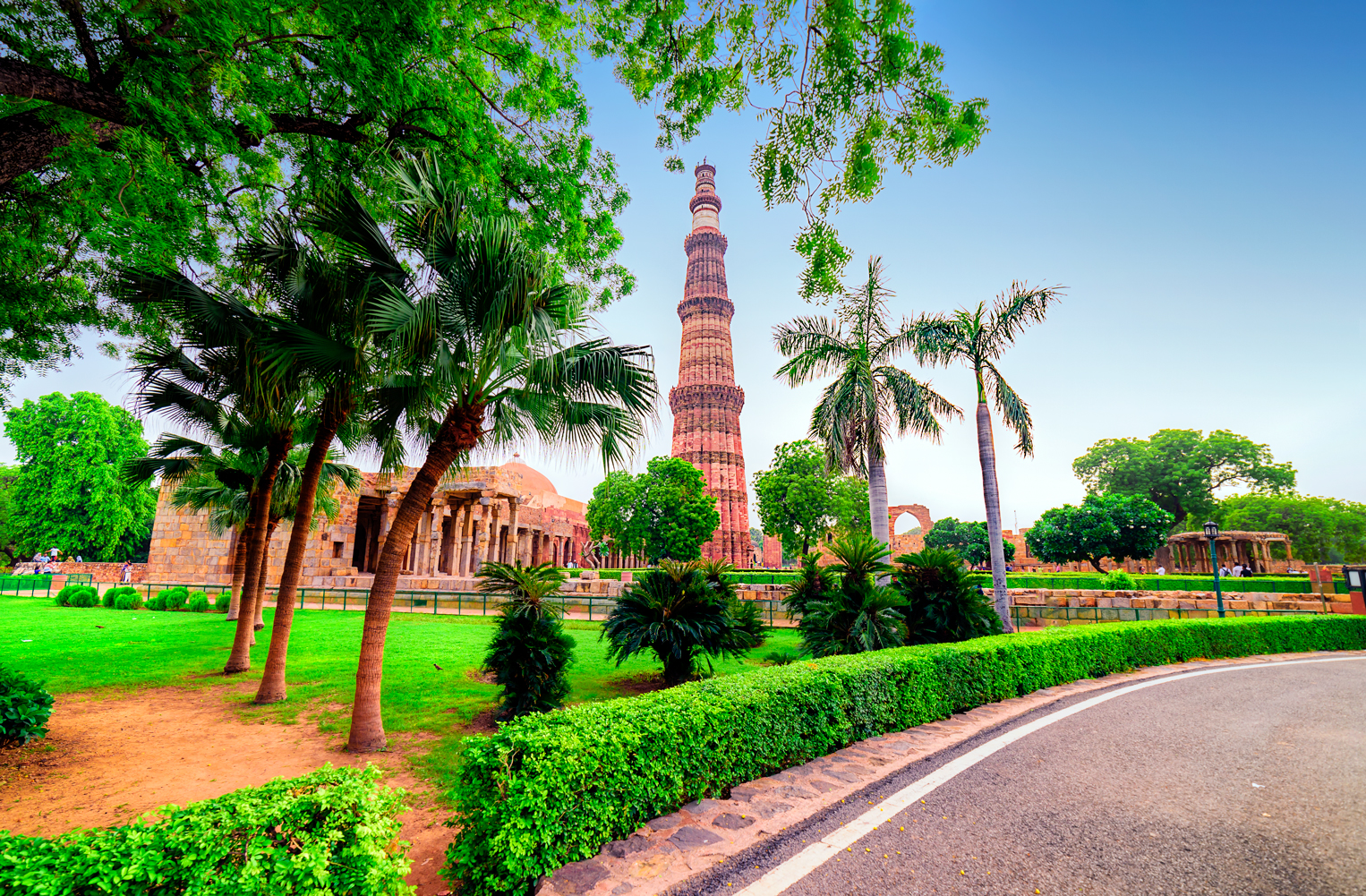
Welcome to our comprehensive guide on the Qutub Minar, one of the best places to visit in Delhi. This iconic minaret, an exemplary piece of Indo-Islamic architecture, towers over the landscape with its intricate carvings and rich history. Built in the late 12th century by Qutub-ud-din Aibak, the Qutub Minar stands as a testament to the grandeur of the Delhi Sultanate. Whether you’re a history buff, architecture enthusiast, or a curious traveler, the Qutub Minar is a must-visit destination. Let’s explore the best things to do in Qutub Minar and understand why it is one of the top attractions in Delhi.
Understanding the Historical and Architectural Significance of Qutub Minar
The Qutub Minar is not just an architectural marvel but also a symbol of India’s rich historical legacy. At a height of 73 meters, it is the tallest brick minaret in the world and represents a remarkable architectural accomplishment of the medieval period.
Features of Qutub Minar
- Impressive Height: Standing at 73 meters tall, the Qutub Minar is the tallest brick minaret in the world, featuring five distinct tapering stories marked by balconies.
- Intricate Carvings and Inscriptions: The minaret is adorned with intricate carvings and verses from the Quran. The decorative elements and fluted designs on the red sandstone and marble showcase exceptional craftsmanship. The beauty and detailed artistry of the Qutub Minar make it a standout attraction among the best places to visit in Delhi.
- Historical Significance: Built in 1193 by Qutub-ud-din Aibak, the first ruler of the Delhi Sultanate, the Qutub Minar marks the beginning of Muslim rule in India. It has been recognized as a UNESCO World Heritage Site and remains one of the most well-preserved monuments from the medieval period.
- Key Monuments: The Qutub complex houses several other significant structures, including:
- Quwwat-ul-Islam Mosque: The first mosque built in India, which stands adjacent to the Qutub Minar. Its intricate architecture is a hallmark of early Islamic influences in India.
- Alai Darwaza: A grand gateway constructed by Alauddin Khalji, showcasing intricate Islamic architectural elements, including detailed arches, domes, and lattice stonework.
- Iron Pillar: A 7-meter-tall pillar known for its rust-resistant composition and ancient inscriptions. This pillar is a testament to ancient Indian metallurgical skills and a key highlight when exploring the Qutub Minar complex.
- Tombs and Madrassas: The tomb of Iltutmish, an important figure in the Delhi Sultanate, and the Alauddin Khalji’s madrassa add to the historical richness of the site.
Best Things to Do in Qutub Minar
- Climb the Minaret (Virtually): Although climbing the minaret is currently restricted for safety reasons, you can still marvel at the towering structure and its intricate carvings from the base. Virtual tours available online also offer a glimpse into the elaborate interior. Admiring Qutub Minar’s architecture provides a captivating experience and a deep appreciation of its historical significance.
- Explore the Qutub Complex: Wander through the Qutub complex to see significant historical structures like the Quwwat-ul-Islam Mosque, Alai Darwaza, Iron Pillar, and various tombs. The complex offers a blend of architectural styles from different periods, showcasing the evolution of design and craftsmanship. Exploring Qutub Minar Complex unveils layers of history and architectural brilliance that make it one of the best places to visit in Delhi.
- Visit the Qutub Minar Museum: Discover artifacts and inscriptions that provide insights into the rich history and cultural significance of the Qutub Minar and the surrounding monuments. The museum features photographs, manuscripts, and other artifacts that tell the story of the Qutub Minar and its builders. Visiting Qutub Minar Museum offers educational value and a deeper understanding of one of the best things to do in Qutub Minar.
- Join Heritage Walks: Participate in guided heritage walks to learn about the historical context and legends associated with the Qutub Minar. These walks are led by knowledgeable guides who provide fascinating insights into the history and architecture of the site. Heritage Walks at Qutub Minar provide enriching historical insights and a unique way to experience this UNESCO World Heritage Site.
- Photography: Capture stunning photographs of the majestic minaret, ancient ruins, and detailed inscriptions. The architectural beauty and historical significance of the Qutub Minar make it a paradise for photographers. Photography at Qutub Minar is a must for enthusiasts, offering countless opportunities to capture the elegance and grandeur of this historical landmark.
Additional Travel Tips for Qutub Minar
- Location: Mehrauli, South Delhi.
- Timings: Open daily from sunrise to sunset.
- Tickets: Entry tickets cost INR 40 for Indian citizens and INR 600 for foreign tourists. Tickets can be purchased online through the ASI website or at the entrance.
- Duration: Plan to spend 1-2 hours exploring the complex.
- Local Transportation: The nearest metro station is Qutub Minar (Yellow Line), a short auto-rickshaw ride from the complex. Taxis, auto-rickshaws, and buses are available for convenient transport.
- Food & Dining: Relish local and international cuisine at nearby restaurants such as Olive Bar & Kitchen, Thai High, Rustom’s Parsi Bhonu, and The Grub Hub. Meals range from INR 500-1,500, ensuring a satisfying dining experience after exploring one of the best places to visit in Delhi.
- Additional Tips: Visit early to avoid the afternoon heat and crowds. Wear comfortable walking shoes, carry water, and use sunscreen. Respect the site’s historical integrity and maintain cleanliness. Additionally, check for any scheduled heritage walks or guided tours to enhance your visit.
FAQ for Qutub Minar
The Qutub Minar is a towering minaret in Delhi, standing at 73 meters, and is the tallest brick minaret in the world. Built in the late 12th century by Qutub-ud-din Aibak, it marks the beginning of Muslim rule in India. This UNESCO World Heritage Site is renowned for its intricate carvings, inscriptions, and impressive Indo-Islamic architecture, making it one of the best places to visit in Delhi.
Visiting the Qutub Minar offers a variety of activities and experiences:
- Admire the Minaret: Marvel at the towering structure and intricate carvings of the Qutub Minar.
- Explore the Qutub Complex: Wander through historical structures like the Quwwat-ul-Islam Mosque, Alai Darwaza, and the Iron Pillar.
- Visit the Qutub Minar Museum: Discover artifacts and inscriptions that provide insights into the rich history.
- Join Heritage Walks: Participate in guided tours to learn about the historical context and legends associated with the Qutub Minar.
- Photography: Capture stunning photographs of the majestic minaret, ancient ruins, and detailed inscriptions.
The Qutub Minar is open daily from sunrise to sunset, allowing visitors ample time to explore the historical complex and enjoy the surroundings.
Entry tickets for the Qutub Minar cost INR 40 for Indian citizens and INR 600 for foreign tourists. Tickets can be purchased online through the ASI (Archaeological Survey of India) website or at the entrance.
The Qutub Minar is easily accessible via multiple transportation options:
- By Metro: The nearest metro station is Qutub Minar (Yellow Line), a short auto-rickshaw ride from the complex.
- By Road: Taxis, auto-rickshaws, and buses are available from various parts of Delhi.
Yes, there are several dining options near the Qutub Minar. Nearby restaurants include Olive Bar & Kitchen, Thai High, Rustom’s Parsi Bhonu, and The Grub Hub, offering a range of local and international cuisines. Meals typically range from INR 500 to INR 1,500.
When visiting the Qutub Minar, it’s advisable to wear comfortable walking shoes and carry water and sunscreen. Since the area requires a fair amount of walking, staying hydrated is important. Dress modestly out of respect for the historical and cultural significance of the site.
Yes, guided tours are available for the Qutub Minar. Guided heritage walks are often organized by local tour operators and provide in-depth historical insights. These tours can be booked online or on-site, offering an enriched experience.
Key attractions within the Qutub Minar complex include:
- Quwwat-ul-Islam Mosque: The first mosque built in India, featuring intricate Islamic architecture.
- Alai Darwaza: An elaborately decorated gateway constructed by Alauddin Khalji.
- Iron Pillar: A 7-meter tall pillar known for its rust-resistant composition and ancient inscriptions.
- Tomb of Iltutmish: The tomb of the sultan who expanded the complex.
- Alauddin Khalji’s Madrassa: An educational institution from the Delhi Sultanate period.
The Qutub Minar is considered one of the best places to visit in Delhi due to its historical significance, architectural grandeur, and cultural richness. As a UNESCO World Heritage Site, it offers an immersive experience into India’s medieval history and architectural mastery. The combination of the towering minaret, historical monuments, and beautifully landscaped gardens make it a must-visit destination.
The best time to visit the Qutub Minar is during the cooler months from October to March, as the weather is pleasant for sightseeing and outdoor activities. Visiting early in the morning or late in the afternoon can also help avoid crowds and the heat of the midday sun.
While the Qutub Minar itself does not host annual events, nearby Mehrauli celebrates the vibrant Phool Walon Ki Sair festival, which is a cultural event that includes a procession of floral offerings to both Hindu and Muslim shrines. This festival takes place around September-October and is a testament to the region’s rich cultural heritage.
Why Qutub Minar is One of the Best Places to Visit in Delhi
The Qutub Minar stands as an enduring symbol of India’s historical and cultural richness. Its architectural splendor, historical significance, and cultural importance make it one of the best places to visit in Delhi. Each structure within the Qutub complex tells a story of the past, making it a fascinating destination for history enthusiasts, architecture lovers, and travelers. Whether you’re gazing up at the towering minaret or exploring the ancient ruins, there’s no shortage of best things to do in Qutub Minar. Add the Qutub Minar to your list of best places to visit in Delhi and discover the grandeur of this iconic landmark. The Qutub Minar not only represents the historical heritage of Delhi but also offers a glimpse into the architectural innovations and cultural amalgamations of the time.
Explore more incredible destinations and attractions in our guide to the best things to do in Delhi and make your trip a memorable one. From historical wonders to cultural hotspots, Delhi promises a rich and diverse travel experience. Whether you are exploring the majestic Red Fort, the spiritual Akshardham Temple, or the bustling markets of Connaught Place, Delhi offers something for every traveler.


